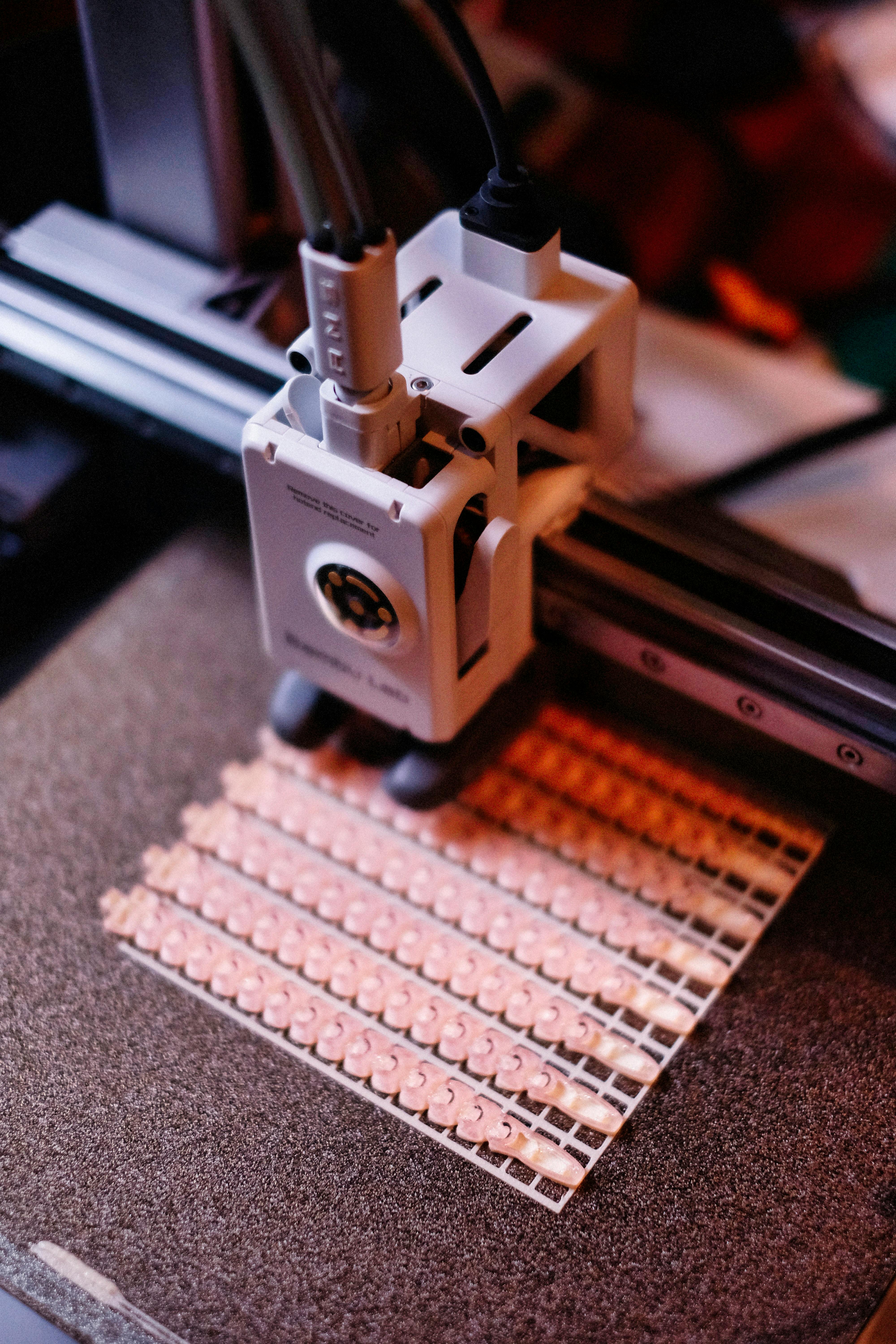Neuronutrition: Feeding Your Brain for Optimal Performance
Imagine unlocking the full potential of your mind through the power of your plate. What if the key to sharper focus, enhanced memory, and improved cognitive function was sitting right in your kitchen? Welcome to the fascinating world of neuronutrition, where science meets sustenance to revolutionize brain health.
The concept of neuronutrition has its roots in the early 20th century when researchers began to recognize the impact of nutritional deficiencies on brain development. However, it wasn’t until recent decades that advances in neuroscience and nutritional biochemistry allowed scientists to delve deeper into the complex interactions between nutrients and neural processes.
The Brain-Gut Connection
At the heart of neuronutrition lies the fascinating brain-gut axis. This bidirectional communication system between the central nervous system and the gastrointestinal tract plays a crucial role in cognitive function and mental health. Research has shown that the gut microbiome, the diverse community of microorganisms residing in our digestive system, produces neurotransmitters and other compounds that directly influence brain activity.
Neuronutrition emphasizes the importance of nourishing both the brain and the gut to achieve optimal cognitive performance. By consuming foods that support a healthy gut microbiome, such as fermented products and fiber-rich vegetables, individuals can enhance their mental clarity, mood stability, and overall cognitive function.
Key Nutrients for Cognitive Enhancement
Neuronutrition identifies several essential nutrients that play vital roles in brain health and cognitive performance. Omega-3 fatty acids, particularly DHA (docosahexaenoic acid), are crucial for maintaining the structural integrity of brain cells and supporting neurotransmitter function. Studies have shown that adequate omega-3 intake is associated with improved memory, faster cognitive processing, and reduced risk of age-related cognitive decline.
Antioxidants, such as flavonoids found in berries and dark chocolate, protect brain cells from oxidative stress and inflammation. These compounds have been linked to enhanced cognitive flexibility and improved learning capacity. Additionally, vitamins and minerals like B complex vitamins, vitamin D, magnesium, and zinc play critical roles in neurotransmitter synthesis, energy metabolism, and neuroprotection.
The Cognitive Benefits of Nutrient Timing
One of the most intriguing aspects of neuronutrition is the concept of nutrient timing. This approach suggests that consuming specific nutrients at strategic times can optimize their cognitive benefits. For example, research has shown that consuming protein-rich foods in the morning can enhance alertness and concentration throughout the day by supporting the production of dopamine and norepinephrine.
Similarly, the timing of carbohydrate intake can influence cognitive performance. Complex carbohydrates consumed in the evening may promote better sleep quality by increasing the availability of tryptophan, a precursor to the sleep-regulating hormone melatonin. This strategic approach to nutrient timing allows individuals to tailor their diet to support specific cognitive goals throughout the day.
Neuronutrition for Lifelong Brain Health
While neuronutrition offers immediate cognitive benefits, its most profound impact lies in its potential for long-term brain health. Emerging research suggests that adopting a neuronutrition-focused diet early in life may reduce the risk of neurodegenerative diseases such as Alzheimer’s and Parkinson’s.
The Mediterranean-DASH Intervention for Neurodegenerative Delay (MIND) diet, a hybrid of the Mediterranean and DASH diets, is one example of a neuronutrition-based approach to long-term brain health. Studies have shown that adherence to the MIND diet is associated with slower cognitive decline and reduced risk of Alzheimer’s disease.
Personalized Neuronutrition: The Future of Brain Health
As our understanding of neuronutrition grows, so does the potential for personalized dietary interventions. Advances in genetic testing and microbiome analysis are paving the way for tailored nutritional strategies that address individual cognitive needs and genetic predispositions.
This personalized approach to neuronutrition takes into account factors such as age, lifestyle, and specific cognitive goals to create customized dietary plans. For example, an individual seeking to enhance memory and focus for academic performance may receive different recommendations than someone looking to maintain cognitive function in their later years.
Boost Your Brain Power: Neuronutrition in Action
-
Start your day with a protein-rich breakfast to enhance alertness and concentration.
-
Incorporate omega-3 rich foods like fatty fish, walnuts, and flaxseeds into your diet for improved cognitive function.
-
Snack on berries and dark chocolate for a flavonoid-packed brain boost.
-
Experiment with fermented foods to support your gut-brain axis.
-
Time your carbohydrate intake strategically to optimize energy levels and sleep quality.
-
Stay hydrated throughout the day to maintain optimal cognitive performance.
-
Consider supplementing with vitamin D, especially if you have limited sun exposure.
-
Include leafy greens in your meals for a dose of brain-friendly B vitamins and antioxidants.
As we continue to unravel the complex relationship between nutrition and brain function, neuronutrition stands at the forefront of cognitive health research. By harnessing the power of targeted nutrition, we can unlock new levels of mental clarity, enhance our cognitive abilities, and safeguard our brain health for years to come. The future of brain optimization may very well begin on our plates, offering a delicious path to peak mental performance and lifelong cognitive vitality.






